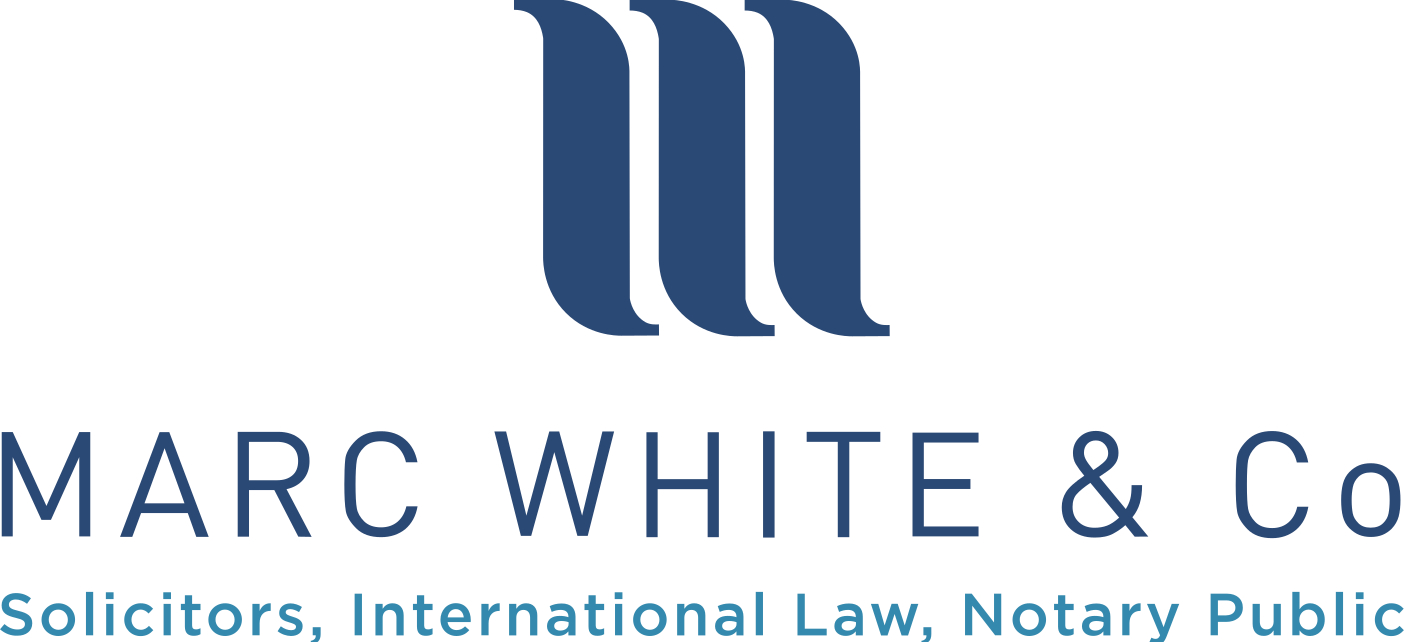When a loved one loses mental capacity, dealing with the legal implications is never easy, and things can become even more complex when that person owns property or resides in another country, such as France. French law treats mental capacity differently to UK law, and if there’s no legal preparation in place, families can face unexpected delays, court involvement, and limits on what decisions can be made.
If you’re supporting a relative with French assets, or preparing your own affairs with cross-border planning in mind, it’s vital to understand how capacity is handled under French law and what steps can be taken in advance.
The Issue With Relying on UK Documents in France
Lasting Powers of Attorney (LPAs), as used in England and Wales, are not automatically recognised in France, and whether the authority of the attorney is accepted will be on a case by case basis, with each party in France having specific requirements. In some cases, an English LPA can be accepted in France, but only with an apostille, a sworn translation and an affidavit of English law confirming that the LPA is valid and the authority of the Attorneys under the law of England & Wales. At Marc White & Co, we have experience in issuing those documents, particularly when dealing with the sale of a French property for a UK resident having lost capacity. Deputyships are more readily accepted, having been issued by a Court, but there will still be a fair amount of formalities to carry out before they can produce effects in France, such as an exequatur procedure (a process where a French Court rubber stamps a foreign Court Order).
French law has its own set of legal instruments that govern decision-making in the event of incapacity, and they must be in place before the person becomes unable to act on their own behalf.
Without appropriate French documents, families may find themselves unable to manage bank accounts, pay property-related bills, or make critical healthcare decisions, even if they have a valid UK LPA. In such cases, the only option may be a court-supervised guardianship process or an order from the Court of Protection confirming the authority of the attorney to deal with the assets or make the relevant medical decisions, which can be costly, time-consuming, and emotionally stressful.
The French Legal Tools Available
France offers two key mechanisms to safeguard against future incapacity:
- Mandat de protection future – This is a pre-emptive legal mandate that allows a person to appoint someone to manage their affairs in the event they lose capacity. It is important to note that unlike an LPA, the Attorney only gains authority once there has been loss of capacity, formally acknowledged by an expert GP registered with the local Court of Appeal. For the attorney to have the widest management powers allowed under French law, the mandate must be executed before a notaire while the person is still fully capable. However, this is only suitable when the person is a French resident, as the process will involve the French Courts, who will not accept jurisdiction for overseas residents. We therefore in general do not advise setting up a French mandat de protection future unless you are French resident.
- Tutelle, curatelle or habilitation familiale – These are court-issued guardianship arrangements used when someone has already lost capacity or they are particularly vulnerable and require assistance in managing their affairs, and no mandate is in place. They require a formal medical assessment and judicial oversight, and the appointed guardian’s powers are restricted and monitored. There are a range of measures available with varying degrees of family involvement and legal advice should be sought as the most suitable option. Again, such measures are only available to French residents, as French Courts do not have jurisdiction to make orders for anyone residing outside of France.
Both systems are markedly different from the UK approach. That’s why families with cross-border ties should consider taking legal advice from French solicitors to ensure all necessary documentation is valid and enforceable in both jurisdictions.
Why Proactive Planning Matters
If a person loses capacity and owns French property or financial assets, not having the right documents in place can bring everything to a standstill. Selling or maintaining a property, accessing funds, or covering tax obligations becomes a significant legal hurdle. In the worst cases, assets may fall into disrepair or rack up penalties simply because no one has the legal authority to act.
Taking a proactive approach, ideally while still in good health, is key. A cross-border solicitor can advise on the best structure for powers of attorney that will be recognised under French law and coordinate with notaires in France to execute the right instruments.
When International Estates Are Involved
Capacity issues often arise alongside estate matters, particularly when a loved one passes away after a period of declining health. It’s not uncommon for heirs to encounter challenges linked to property that couldn’t be managed properly in the years leading up to the death. These issues can compound and delay the estate administration process.
With support from French lawyers familiar with cross-border estates, families can avoid common pitfalls and protect their interests on both sides of the Channel. At Marc White & Co, we provide cross-border capacity legal advice, contact us today.


